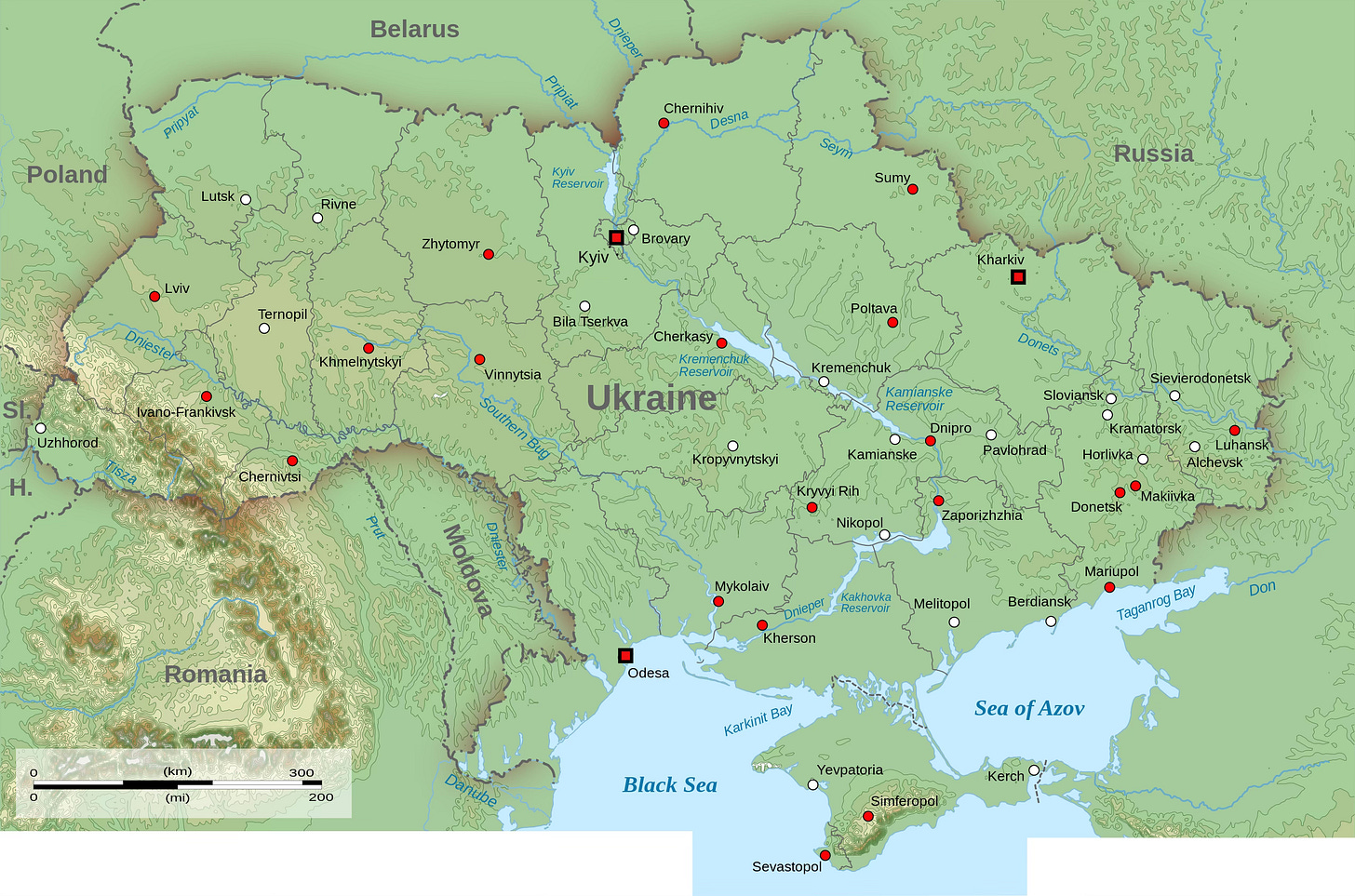Paul's "pursue" verb in Philippians 3
[Trivia: Which 3 Ukrainian cities have a population over 1 million?]
In Philippians 3, Paul reminds his audience that
If anyone else thinks he has reason for confidence in the flesh, I have more: circumcised on the eighth day, of the people of Israel, of the tribe of Benjamin, a Hebrew of Hebrews; as to the law, a Pharisee; as to zeal, a persecutor of the church; as to righteousness under the law, blameless.
(ESV) Shortly thereafter, he comes around to explaining himself that
Not that I have already obtained this or am already perfect, but I press on to make it my own, because Christ Jesus has made me his own. Brothers, I do not consider that I have made it my own. But one thing I do: forgetting what lies behind and straining forward to what lies ahead, I press on toward the goal for the prize of the upward call of God in Christ Jesus.
In this section, Paul re-uses a word that he’d used the first time around. His description of himself as a “persecutor” of the church is, grammatically, a participle, i.e. the adjectival form of the verb: διώκων (diokon), a word with a range of meanings including:
to follow
to pursue
to chase
to urge on
to press on
to prosecute
to persecute
So, the action that Paul had formerly been doing to the church is now turned around thus:
Not that I have already obtained this or am already perfect, but I press on to make it my own, because Christ Jesus has made me his own. Brothers, I do not consider that I have made it my own. But one thing I do: forgetting what lies behind and straining forward to what lies ahead, I press on toward the goal for the prize of the upward call of God in Christ Jesus.
It’s a reversal—and an emphatic one, using the word twice—that shows his conversion, by providing a totally different object for the same word, as well as a subtler role reversal, from him being a domineering persecutor to someone chasing after something greater than himself.
It’s not the most pointed or overt bit of rhetoric in Greek—it’s not an uncommon word and the uses are separated by half a paragraph—but it caught my eye and certainly lends itself to emphasizing the material that’s being written about.
~
Answer: Kyiv, Kharkiv, and Odesa. See the black squares (and Black Sea) below.



